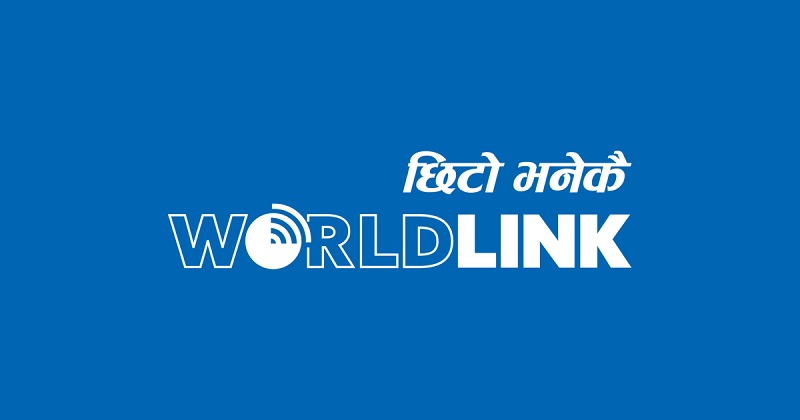Nepal Rastra Bank Direct Providers to Implement Interoperability in Nepal
15th Feb 2022, Kathmandu
NRB Directs Digital Payment Providers to Implement Interoperability in Nepal
Nepal Rastra Bank, the central bank of Nepal, has made a benchmark decision directing all licensed digital payment service providers in the country to implement interoperability.
“Interoperability “refers to the commercial, technical, and legal arrangements that allow any licensed entity’s system, mechanism, or instrument to be seamlessly integrated with another licensed entity’s system, equivalence, or equipment. Helps service participants to become members of one of the systems, exchange information with other systems through the same system, and clear and clear financial and payment transactions.”
Nepal Rastra Bank
Interoperability refers to the commercial, technical, and legal arrangements that allow any licensed entity’s system, mechanism, or instrument to be seamlessly integrated with another licensed entity’s system, equivalence, or equipment.
It enables all users to make payments beyond any payment providers which was previously not possible.
According to the reports of Nepal Rastra Bank (NRB), digital payments in Nepal have nearly doubled in the first quarter of the current fiscal year 2078/79. The positive result despite the inability to conduct an online transaction from one digital wallet to another and security threats can be mitigated through this circular.
It is expected to increase public accessibility in the coming days.
Nepal Rastra Bank issued a circular on the implementation of the payment system interoperability on 4th Feb 2022. The implementation is supposed to affect all retail payment services, including digital wallets, mobile banking apps, and QR codes created by licensed payment service providers and payment system operators.
With this, all the licensed digital payment service providers in Nepal will need to integrate Interoperability into their apps or websites for digital transactions.
This means that users can now transfer money seamlessly and securely from one wallet to any other digital wallet in Nepal.
Implementation
IME Pay’s business development head, Amod Bhattarai describes the system by two possible approaches. “IME Pay can use it by integrating it with all PSPs in Nepal or by using the national payment switch launched a few months ago by Nepal Rastra Bank and NCHL (Nepal Clearing House Ltd.).
He opinions the first option poses some challenges for all PSPs, as it requires them to make agreements and integrate the system with each PSP in Nepal individually. While the second option is preferable due to its efficiency.
All PSPs can be integrated into the national payment switch, and they can switch through it, thereby ensuring the interoperability of all PSPs.
NRB Interoperability Circular
NRB has directed all concerned service providers to implement Interoperability within the next six months. Establishments can make agreements with one another to facilitate interoperability.
Retail payment system operators, according to the NRB’s circular, shall not limit access to their payment systems to other retail payment system operators.
According to the circular, the operator may temporarily suspend access to other payment systems if the operator determines that the other payment system creates security or system issues such as liquidity or operational problems.
However, the operator shall notify the appropriate system operator and Nepal Rastra Bank as soon as possible, providing a clear justification and accompanying documentation.
The circular further said that the payment system operator cannot prevent payment system suppliers, other payment system operators, or payment service customers from engaging in other payment systems.
It cannot apply different restrictions to each member institution or restrict access depending on the size or number of transactions.
The NRB stated in the circular that when a bank or financial institution operates as a settlement bank, it must run its settlement account without discriminating against or interfering with the activities of non-bank payment service institutions.
If the bank or financial institution considers the settlement account constitutes a danger to the bank or financial institution, the bank or financial institution may halt its operation. Following the suspension, the institution must promptly inform the central bank, detailing the rationale and grounds for the decision, according to the circular issued by the central bank.
Payment system operators and payment service providers are accountable for safeguarding and securing the data of their users.
They must also ensure that the data is not utilized for any other purpose, according to the circular.
For the official NRB circular click here







